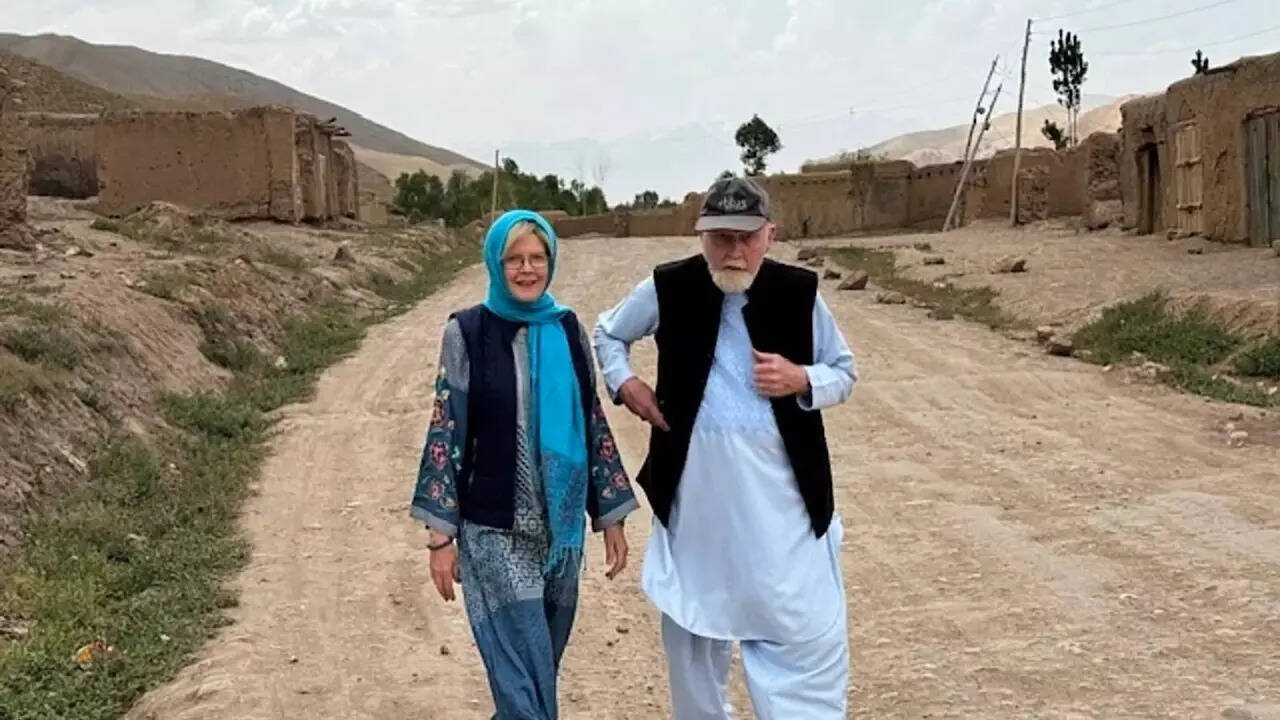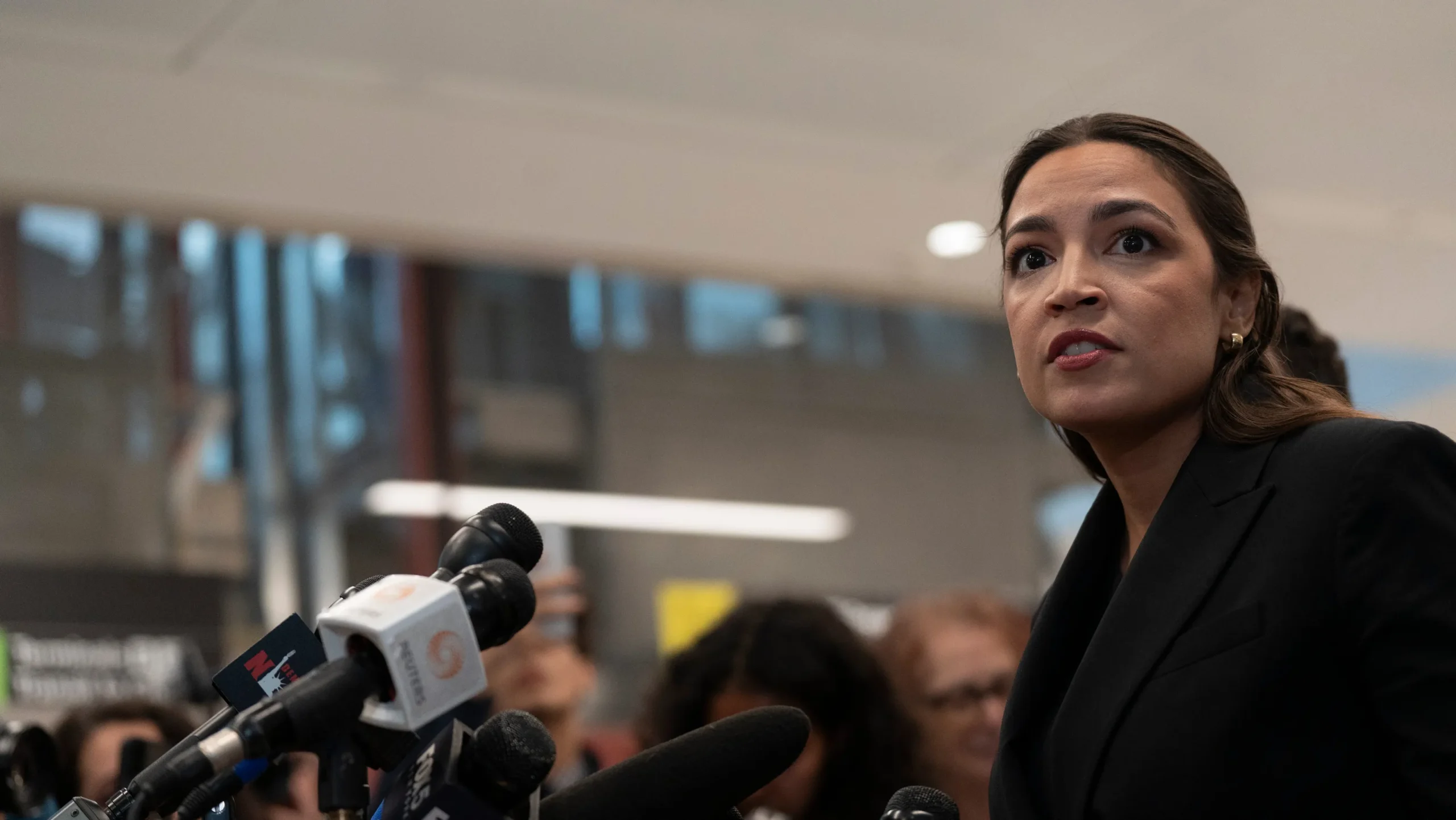Now Reading: British Couple Freed After Months in Taliban Custody: A Tale of Resilience and Diplomacy
-
01
British Couple Freed After Months in Taliban Custody: A Tale of Resilience and Diplomacy
British Couple Freed After Months in Taliban Custody: A Tale of Resilience and Diplomacy

In a significant diplomatic breakthrough, Peter and Barbie Reynolds, a British couple aged 80 and 76, have been released after nearly eight months in Taliban detention in Afghanistan. Their case highlights the complexities of international relations, humanitarian efforts, and the challenges faced by foreign nationals in conflict zones.
Background of the Detention
The Reynolds couple had been residing in Afghanistan for 18 years, running a training and education organization. They were arrested on February 1, 2025, while traveling to their home in Bamyan Province. The exact reasons for their detention remain unclear, with the Taliban citing violations of Afghan law without specifying charges. Their prolonged imprisonment drew international attention and concern.
Role of Qatar in Securing Release
Qatar played a pivotal role in mediating the couple’s release. Through diplomatic channels, Qatar coordinated with the Taliban and the British government, facilitating negotiations that culminated in the couple’s freedom. This development underscores Qatar’s growing influence in regional diplomacy and its efforts to mediate conflicts in the Middle East.
Reactions from the UK and International Community
The British government expressed relief at the couple’s release, acknowledging the efforts of all parties involved in securing their freedom. International organizations and human rights groups also welcomed the development, emphasizing the importance of dialogue and diplomacy in resolving such cases.
Implications for Foreign Nationals in Conflict Zones
The Reynolds’ ordeal serves as a stark reminder of the risks faced by foreign nationals operating in conflict zones. It underscores the need for robust diplomatic support and contingency planning for citizens abroad, especially in regions with unstable political climates.
Conclusion
The release of Peter and Barbie Reynolds is a testament to the power of diplomacy and international cooperation. While their ordeal has ended, it brings to light the ongoing challenges faced by foreign nationals in conflict zones and the critical role of diplomatic channels in ensuring their safety and well-being.

























